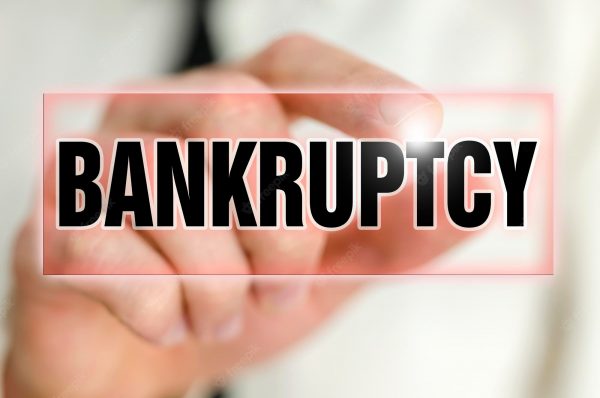Commercial Loan
Commercial loan is lending agreements between business owners and banks or private lenders. When businesses need capital to establish a company or start a business, banks and lenders are willing to lend money to business owners on the condition that they repay it on an agreed schedule or with a specified interest.
Uses of Commercial Loans
1. Business start-up costs
2. Commercial real estate purchase or renovation
3. Cash flow for everyday expenses
4. Pay off or refinance
5. buying equipment
6. Business purchases
7. Business expansion
8. Marketing and Advertisement
Lenders do not allow us to use loans to cover personal expenses such as the purchase of residential houses, personal vehicles or other transactions that are not related to business needs.
Function of Commercial Loans
A business loan is capital and debt that companies receive for expenses that they are unable to pay for themselves. Business owners use business loans to pay their salaries.
Types of Loans
Businesses have a variety of loan options to choose from. Traditional bank loans are the most popular source of finance, but securing a loan from a bank is not an easy task. Banks tighten their lending policies due to economic recession. Obtaining business facilities allows us to provide the funds necessary for our business to expand business, strengthen production, purchase machinery, etc.

Loan Features
The loan is not given for free and without interest. They receive interest as a fee for the money they pay.
Effective Factors for Accepting a Loan Application
Business loans give companies the opportunity to expand, deal with short-term problems, cash flow and react immediately. In this way, these loans are in high demand, but every company that applies for a loan does not receive a loan. When applying for a business loan, lenders evaluate the company’s history, how much debt the company has, and whether the business seems risky. Businesses that are high risk such as startups cannot get bank loans. Businesses that take loans with high interest rates should plan to repay the loan as quickly as possible.
Failure to Repay the Loan
If a business defaults on its loan, meaning it can’t repay the lender, several things can happen:
– The business can use more debt financing to generate the capital needed to pay off the loan.
– If the lender holds the asset as collateral for the loan, it can claim that asset as repayment.
– If the company is unable to pay any of its debts or generate more capital, it may face bankruptcy and be forced to sell all of its assets and settle its debts. In this case, the lenders will get their money back before the owners of the company’s shares.

Up To Sum
Commercial loans are among the ways of providing initial capital for start-up businesses and increasing available capital for ongoing businesses that face crisis. But repaying these loans sometimes becomes a challenge for businesses due to the profits received from them. To the extent that if a business is unable to repay the loan received, it may also face the risk of bankruptcy. In addition, it is impossible and prohibited to use such loans except for business related cases.


